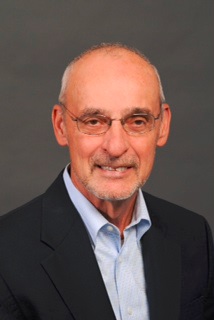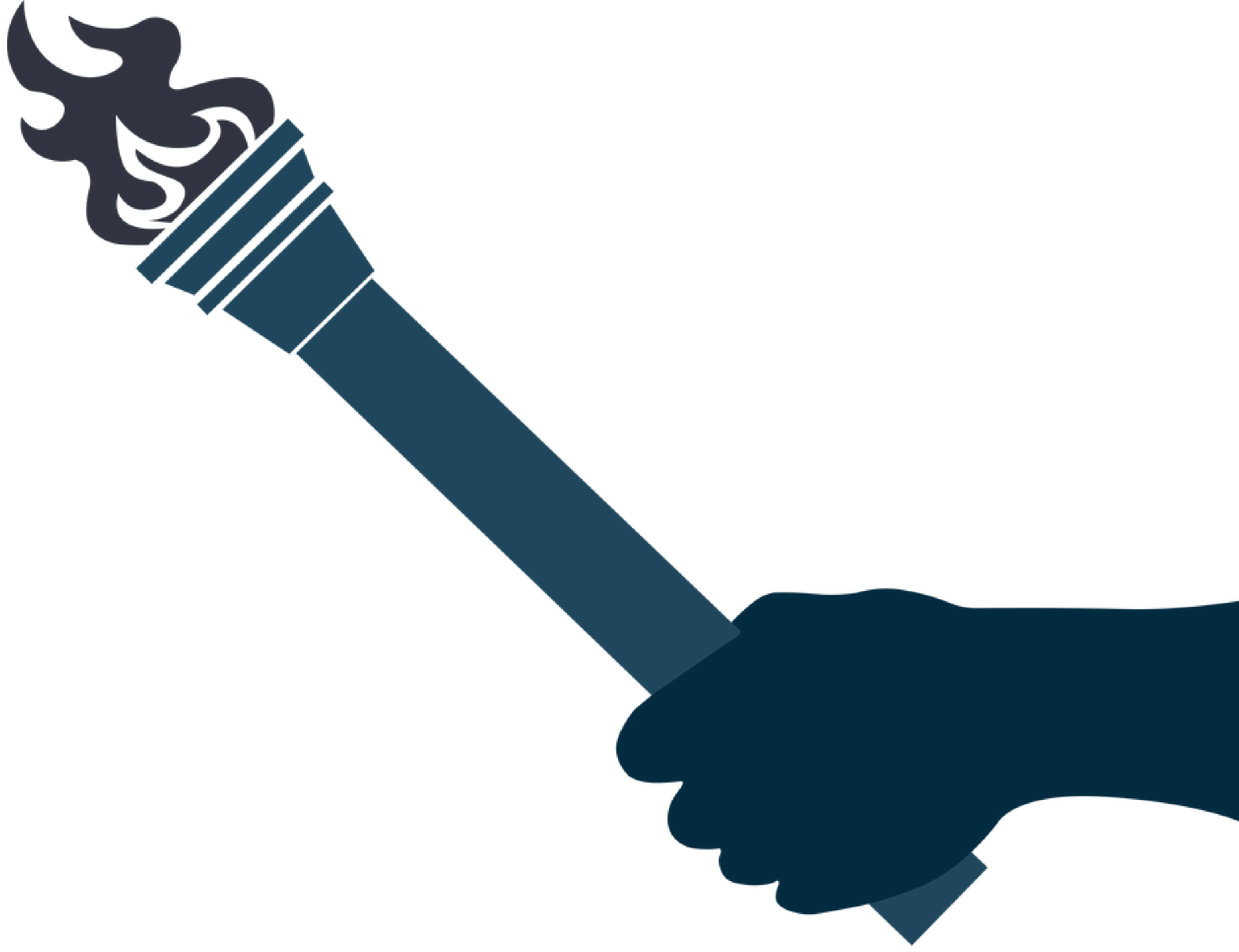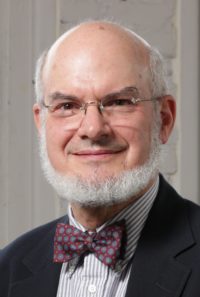
Access to Justice Fellow Mike Haroz, a semi-retired Director at Boston law firm Goulston & Storrs, spent his Fellowship year volunteering with Suffolk University’s Accelerator-to-Practice Program. The program, which just finished its first year, is designed to prepare prospective lawyers who are interested in working to close the justice gap, whether by starting their own practice or joining a small firm. Haroz helped teach a course about practical operational issues, such as billing, malpractice, and business development relations—topics he says are not typically taught in the traditional law school setting but are necessary for starting a practice.
As someone who has been active in pro bono throughout his legal career, Haroz enjoys being involved with the community of lawyers who are participating in the Fellowship Program.
“It’s very reassuring to me to see a number of people in my age bracket who still have a real desire to do pro bono work and help organizations that are serving the community,” he says.
Below is a piece Haroz wrote about this “next phase” of his career and the lessons he learned when he left private practice to volunteer with international human rights organizations around the world—lessons he hopes will inspire other lawyers who may be interested in community service as their formal legal careers come to a close.
—
The Road Next Travelled
by Michael Haroz
On the way to a meeting with human rights activists on a rural road in Croatia after the Balkan Wars, the driver of our car asked if I wanted to take a detour to see a very old church. I enthusiastically said yes. As we disembarked from the car, I heard him comment that he was pretty sure landmines from the recent war had been cleared from the area. Somehow I could not get the words “pretty sure” out of my mind. For a moment it even made me less sure about the wisdom of accepting the invitation that had brought me from my corner office at a major Boston law firm to a recent war zone after 35 years of corporate practice.
The invitations go by different names with each inviting someone to leap. Some are called “second acts”, “the next phase” or “encore”. But all are directed at retired or near-retired boomers that are not ready to slip into the night quietly or fade away. You are invited to take the “retire” out of retirement and replace it with “engage”, as in engagement in giving back to the community. For me it was a redo of an earlier phase. For other boomers it may be finally getting to giving back.
Several years ago I accepted an invitation from the International Senior Lawyers Project to do volunteer work with human rights organizations. I stepped down from a busy private law firm practice to engage in international pro bono legal work. For almost a decade, I have worked with groups in Croatia, Kenya, The Czech Republic, South Africa and Burma. I have learned important lessons in that process that may be helpful to fellow boomers contemplating moving to encore community service.
I had started my legal career as a public interest lawyer and then spent 35 years as a corporate lawyer. College grads are commonly advised to follow their passions. That is what I did when I decided to enter law school in 1967. My passion was not a love of the law but a sense that the law could and should be used to advance human rights. The civil rights and antiwar issues of the ‘60s spawned the passion.
My present encore phase is a circling back. I want again to use law to build justice. I had kept my early passion alive by doing my share of pro bono work and kept it smoldering. The spark came with the invitation to go the Croatia. That relit the passion I had felt as a 20 year old. It was the same thing I had learned in 1967, which is to find and follow your passion. I was lucky perhaps to have an old flame to go to but the lesson learned is more general. An encore needs a reason to be produced. Passion about something gives you that reason. It does not have to be the same passion you once had. It can be entirely new or a diluted version of the past. But you need passion for the next act to get older bones and brains moving and cranking when age begins to suggest it is time to stop. Find and follow your passion is the first lesson.
The second lesson came from fear. It was the fear that many overachievers have. The fear of failure and the fear that I did not know anything that could be useful or relevant outside my specialty. I had handled finance transactions involving 100 plus million dollars loans. There were not many human rights involved in those transactions and initially I doubted my ability to really be useful in a different setting. But my recent experience has shown me that my past experience was relevant. As a corporate lawyer I did learn the importance of getting things done, not letting trees obscure the forest (or to forget that forests are composed of trees), being prompt and responsive, maintaining an ethic of service, digging for facts, and forming judgments. It turns out that I did know a lot that is relevant and useful. It is a matter of looking at what I had learned as a set of general attributes, experiences, attitudes and skills. So the second lesson is have no fear, you know more than you think.
But as much as I knew, I needed to learn new things and attitudes. Some were obvious like learning newer substantive law concepts that are very much a part of modern human rights advocacy and never existed 30 years ago. Others were not so obvious. As a commercial lawyer everything had to be done the day before today. There was a fast pace and tangible conclusions that built in immediate accountability. It was inherent in the work and satisfying to accomplish something tangible. Not so with human rights work. Seeking justice for persons with disabilities or helping displaced small farmers in Burma regain their land are not short-term efforts. In completing a business transaction, I could feel like the master of a universe. In working on human rights issues, I have learned (again perhaps) that the fruits of my labor may not ripen for many years, if at all. In that is the third lesson. You need to learn and unlearn. You may be an old dog but you can and will need to learn new tricks. You will also have to leave behind old habits and expectations as you move from one world to another.
My “next phase” has been eased by my past. I have recycled more than invented. Public interest work still happens in settings that are not different than what I experienced in the 1970’s. The offices are still mostly shabby and located in 4th floor walk up buildings in poor areas. Office coffee still sits and bakes in grungy coffee pots. Even so, it has been like returning home. And, I will add, safely so, as my Croatian driver was right. That detour area was cleared. Likewise with my 35-year detour.
—
The Access to Justice Fellows Program, a joint program of the Lawyers Clearinghouse and the Massachusetts Access to Justice Commission, was started in 2012 and entered its third year in September with the largest class of Fellows so far. Since the program’s inception, a total of 34 retired and transitioning lawyers have taken on a variety of pro bono projects related to veterans’ issues, child welfare, the health of vulnerable populations, civil liberties, and other access to justice matters. Click here to learn more about past and present Fellows.


